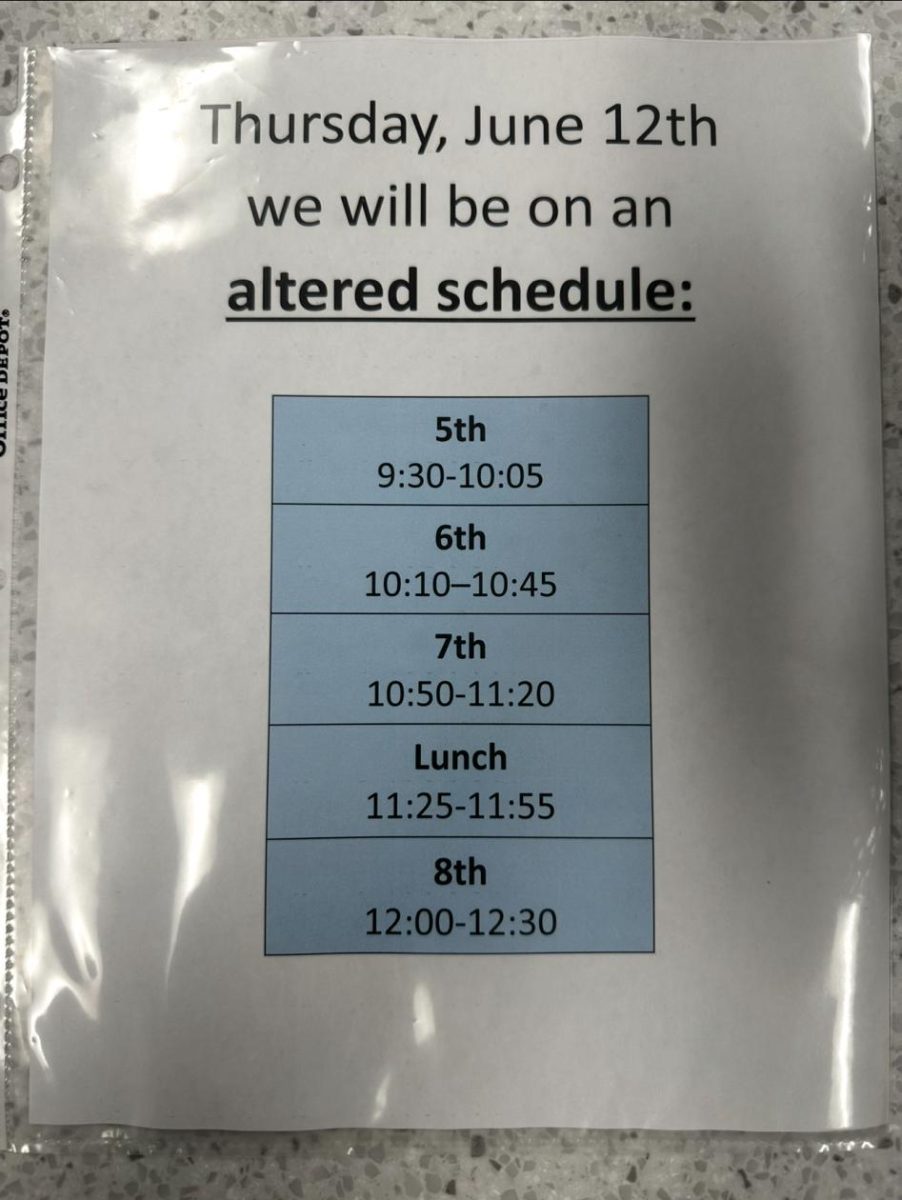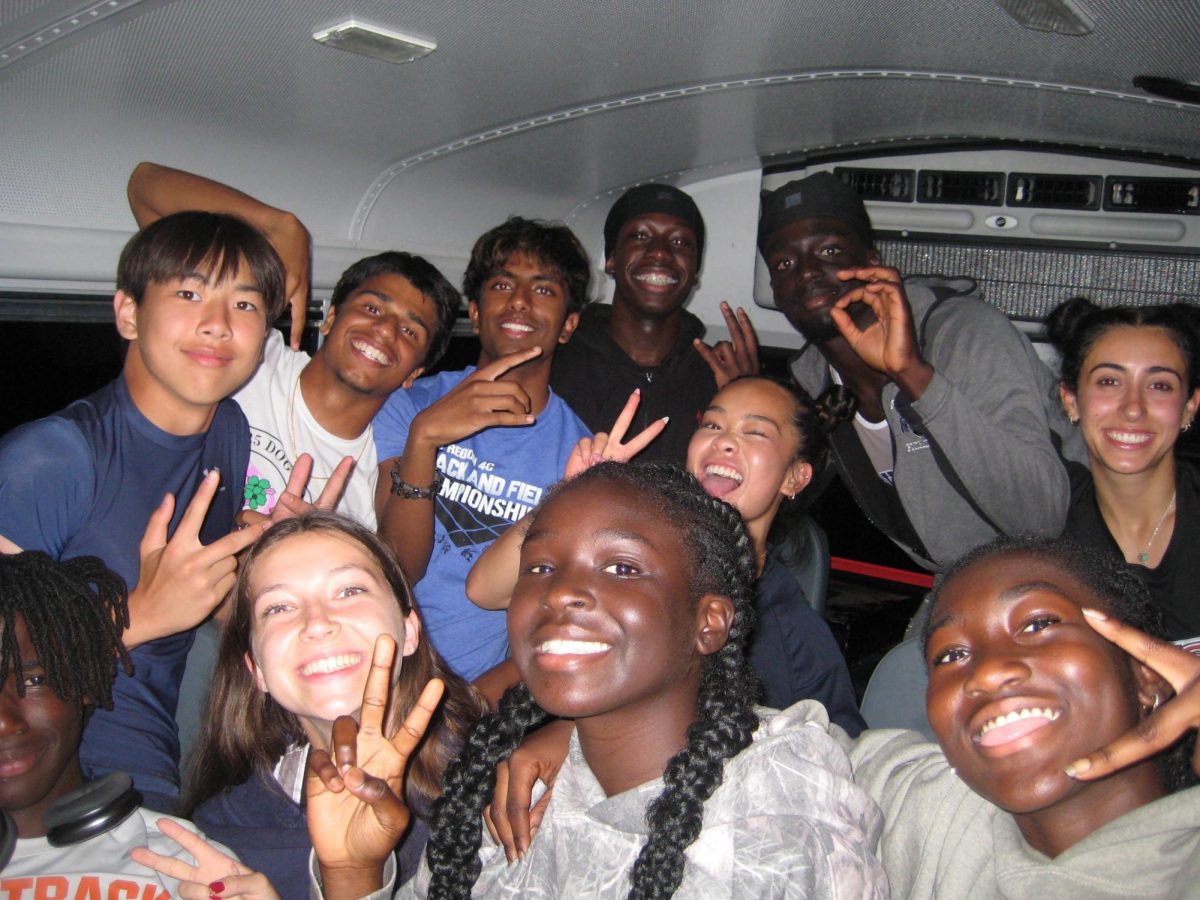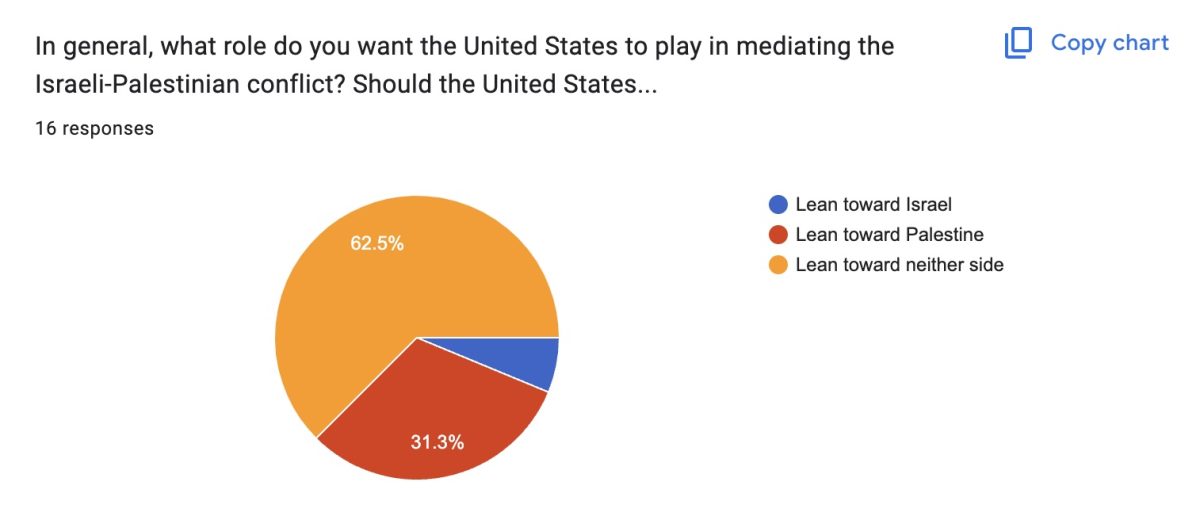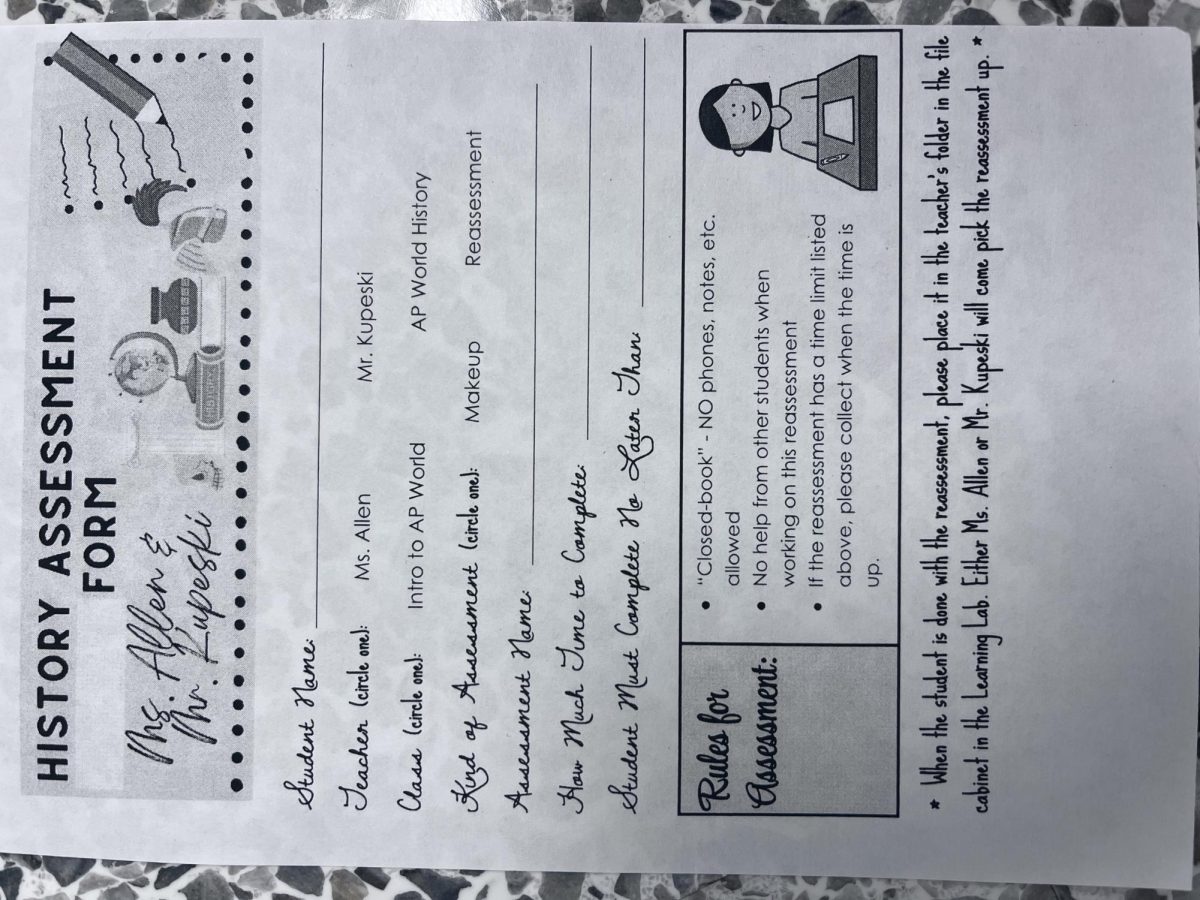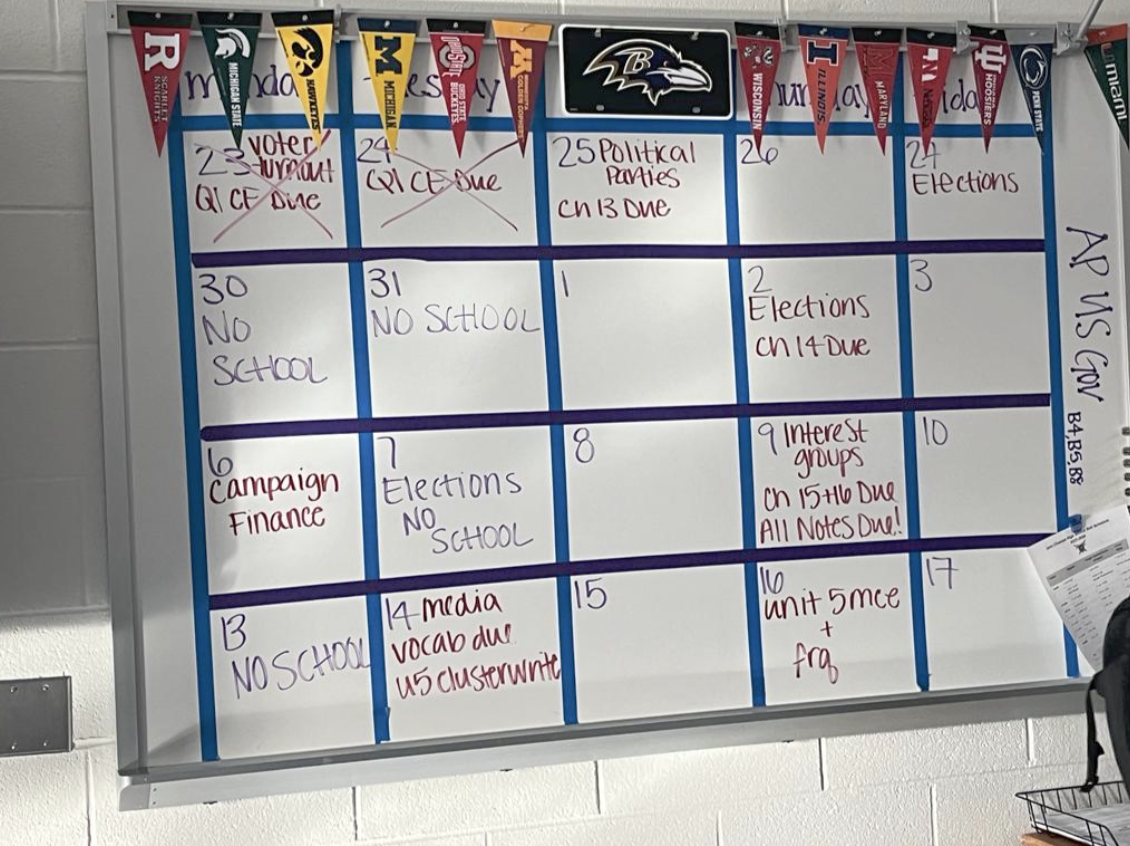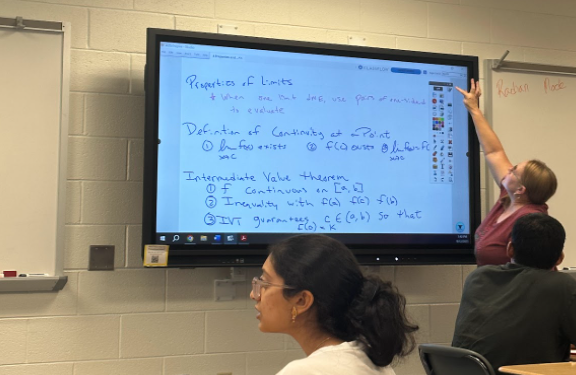
Advanced placement classes can seem daunting to many students because they’re taking a college level course in high school, and the rigorous environment has caused some students to drop the course.
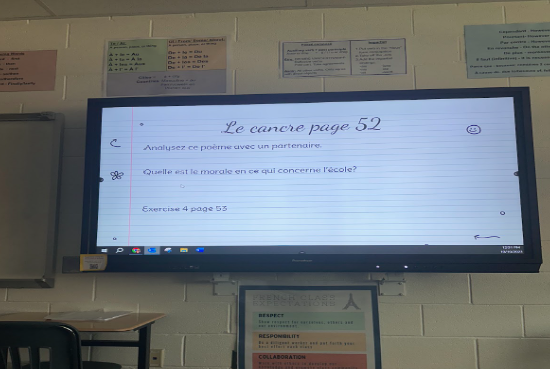
Even if dropping an AP class can be “frowned upon” by colleges and universities, students should still have the freedom to drop an AP class because there are many factors that go into their decision, and dropping the course might be the best option from an academic standpoint. Ella Vandergrift, a junior who is in many AP classes herself, has seen many of her peers drop certain AP classes and has voiced her opinion on the question of whether or not students should be allowed to drop AP classes.
“The academic competition in this county is very high and I think students feel like they have to take the most challenging classes the schools offer,” Vandergrift said. “I think students should be allowed to drop AP classes because they are a big commitment and I think the trial period we have is very beneficial because students can drop an AP class without it affecting anything else.”
The amount of AP classes a student takes during their time in high school can have a big effect on their college decision, but many students sign up for the most diligent classes available leaving them with an unbalanced, laborious schedule.
“A huge factor of AP classes is the importance of studying and going over material on your own. I think that a lot of students forget this when choosing how many AP classes to take,” Vandergrift said. “Students can easily become overwhelmed and stressed out so I think they should be able to drop AP classes because sometimes they don’t consider how aggressive the course will be.”
When students find themselves struggling in an AP class and look to drop the class, it could be due to many different factors, but one of the big ones is not having enough support in the class from teachers to excel in the course which works directly with a lack of students’ inability to work more hands off.
“If the teacher doesn’t have a learning style that works for them, it can make the class so much more difficult,” Vandergrift said. “Teachers try to provide extra help when necessary, but because it’s a college level course they seem to be more hands off which can cause some students to struggle.”
Students who fear that their academic abilities will be tarnished by signing up for certain AP classes that they might end up dropping also have the option to sign up for Dual Enrollment classes -college courses that you dually enroll to take through a local college or university whilst in highschool- but these courses don’t seem to hold as much value to colleges and universities as they aren’t as rigorous than AP classes and you get the credit for DE classes as long as you pass the class, but for AP classes they are more challenging and you need to pass the exam to receive credit.
“I think AP classes are a better option; AP classes may be faster paced,but they have a retake option, have recognized credits at most colleges, and stand out more to colleges than a regular DE class,” Vandergrift said. “Some schools don’t recognize DE credits at all because they see them as a regular college course, and this is much more common than not recognizing AP credits and DE credits aren’t transferable at a handful of schools either.”

This AP class is going over what material will be on their unit test. They worked on some review beforehand to prepare for their unit test for the following class.
(Olivia Gordon)
Even though AP classes are very challenging, they can be beneficial to a student’s future when looking at colleges and universities. Time management and commitment to the course is imperative to excel, but AP classes can cause added stress to a high school student so it’s important they have the freedom to drop the classes they feel will only hurt their academics instead of benefit their “resume”.
“Students should always have the freedom to choose how they can make their academic experience enjoyable and manageable without fearing how it will affect their future.” Vandergrift said.


